The 2018 Digital Workplace Conference held in Melbourne saw yet another stellar line up of topics presented by local and international speakers. Digital transformation is still a hot topic in tech, and many organisations took the opportunity while at DWCAU to ask questions around it. When it came to the answers, the conference agenda and speakers didn't fail to deliver on any front.
The theme of the 2018 conference was "coping with the rate of change that the cloud brings". This increase in pace that Office 365 and Azure set for businesses and IT professionals alike has become a disrupting factor in many organisation's digital transformation strategies. Where traditionally we had a three-year release cycle set by Microsoft (think about SharePoint 2007, 2010, 2013 and 2016), we now have release cycles which are measured in weeks and months.
Hence, we are now seeing many organisations seriously rethink their core strategies on implementing, rolling out and supporting their technology projects.
One of the biggest changes - which happens to be close to my heart - is training. Long gone are the days of creating a nicely structured course which can be methodically quality-assured and delivered in a classroom format. Now in the new cloud-based frontier, we have turned to "just-in-time training" and workshops to deliver outcomes to the business.
The rapid pace of change in the cloud has also reinforced the need for the "citizen developers" and for businesses to arm and enable these citizen developers with tools to rapidly create and deploy solutions for the business. The traditional model of gathering business requirements and passing them to a developer already seems outdated in the new cloud frontier.
The conference sessions this year ranged from cloud infrastructure and migration to business best practices and case studies. After each session there was a buzz in the air; many discussions were sparked by both the attendees' questions and the speakers' answers. I anticipate we will be reflecting on some of these discussions a year from now at the next conference.

